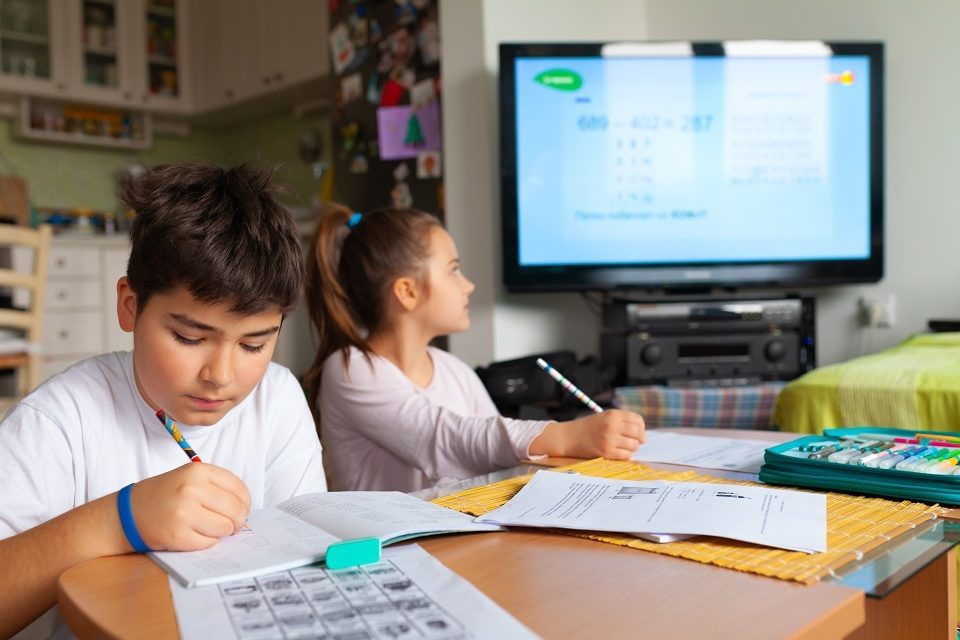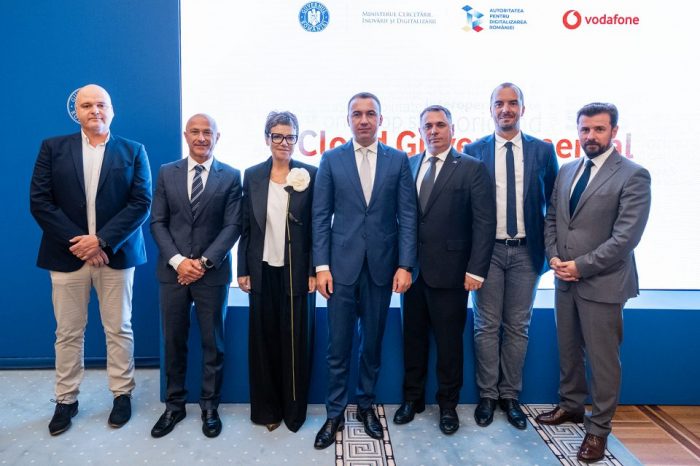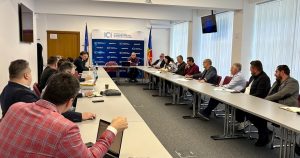Microsoft and UNICEF launch global learning platform to help address COVID-19 education crisis – The Learning Passport

UNICEF and Microsoft Corp. today announced the expansion of a global learning platform to help children and youth affected by COVID-19 continue their education at home.
According to the latest available data from UNESCO, 1.57 billion students have been affected by school closures in more than 190 countries worldwide.
The Learning Passport started off as a partnership between UNICEF, Microsoft and the University of Cambridge and its departments Cambridge University Press and Cambridge Assessment, designed to provide education for displaced and refugee children through a digital remote learning platform. It has now undergone rapid expansion to facilitate country-level curriculum for children and youth whose schools have been forced to close due to COVID-19. The platform will also provide key resources to teachers and educators.
“From school closures, to isolation, to a persistent sense of fear and anxiety, the effects of this pandemic are impacting childhoods worldwide,” said Henrietta Fore, UNICEF Executive Director. “We need to come together and explore every avenue to keep children learning and help them through this difficult time. With long-term partners like Microsoft, we are able to swiftly deploy innovative, scalable solutions for children and youth. The adaptations made to the Learning Passport are a powerful reminder of what we can achieve together for children as the crisis deepens globally.”
According to the latest available data from UNESCO, 1.57 billion students have been affected by school closures in more than 190 countries worldwide.
The Learning Passport started off as a partnership between UNICEF, Microsoft and the University of Cambridge and its departments Cambridge University Press and Cambridge Assessment, designed to provide education for displaced and refugee children through a digital remote learning platform. It has now undergone rapid expansion to facilitate country-level curriculum for children and youth whose schools have been forced to close due to COVID-19. The platform will also provide key resources to teachers and educators.
“From school closures, to isolation, to a persistent sense of fear and anxiety, the effects of this pandemic are impacting childhoods worldwide,” said Henrietta Fore, UNICEF Executive Director. “We need to come together and explore every avenue to keep children learning and help them through this difficult time. With long-term partners like Microsoft, we are able to swiftly deploy innovative, scalable solutions for children and youth. The adaptations made to the Learning Passport are a powerful reminder of what we can achieve together for children as the crisis deepens globally.” The Learning Passport, which has been in development for the past 18 months, was due to start as a pilot programme this year. When the global pandemic hit and schools were closed worldwide, the programme underwent rapid expansion of its reach. Now all countries with a curriculum capable of being taught online will be able to facilitate online learning for children and youth with devices at home.















